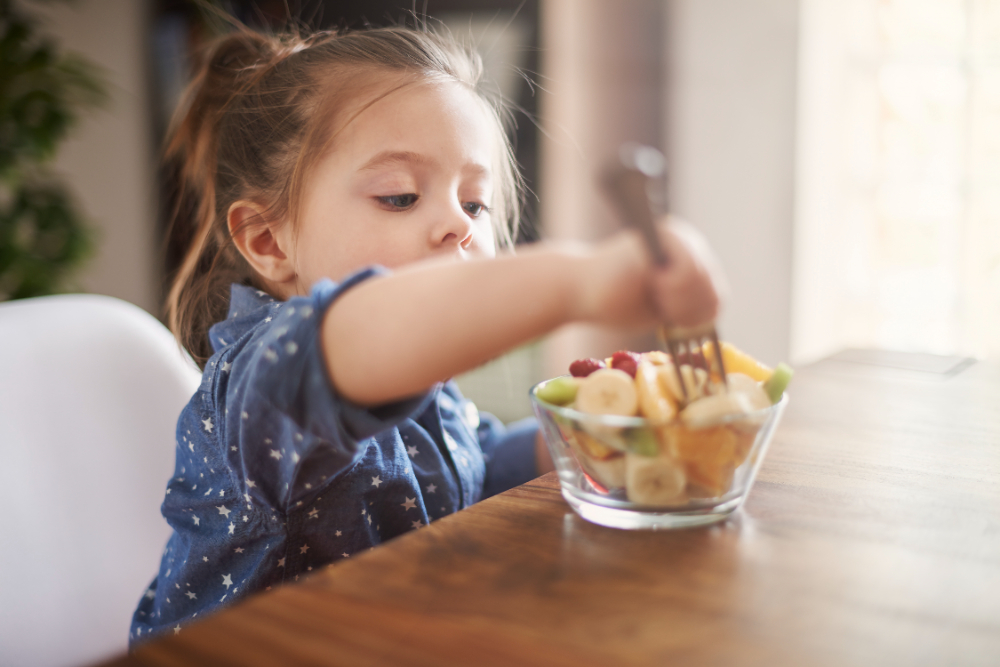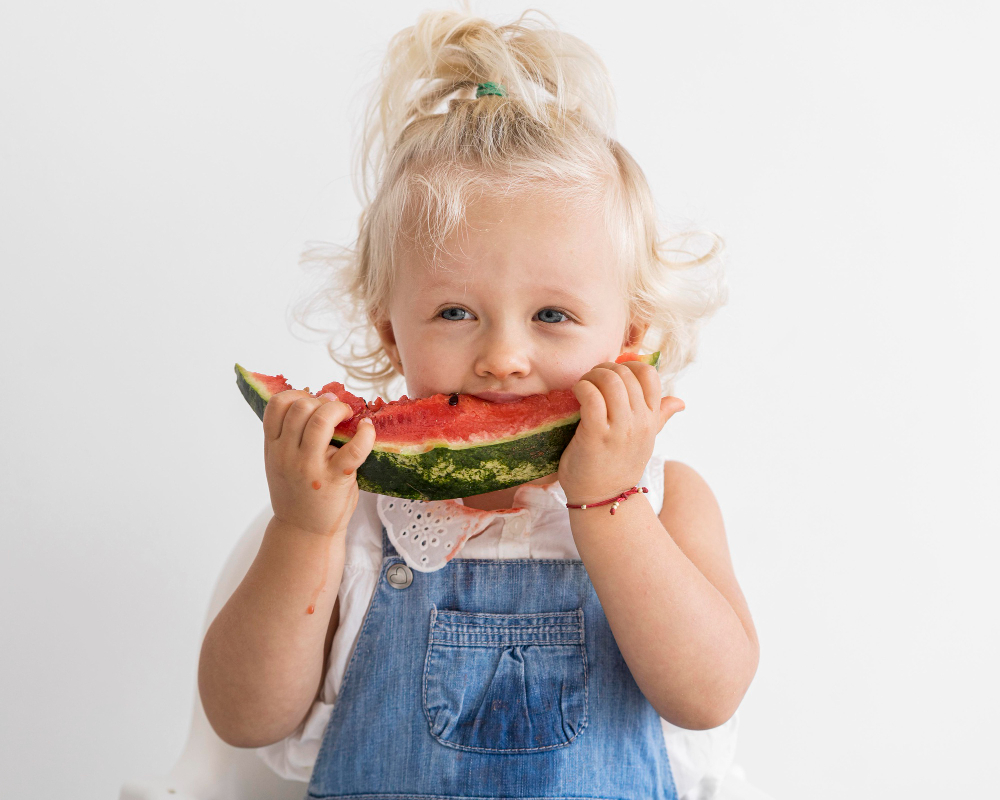Pouches have become a convenient solution for parents looking to feed their little ones on the go. They’re easy to use, mess-free, and often filled with fruits and vegetables marketed as wholesome and nutritious. But are pouches as great as they seem? Let’s dive into the pros and cons of pouches and how they can impact your child’s development.
The Benefits of Pouches
Pouches undeniably offer convenience, which is a huge plus for busy parents. Here are some of the advantages:
- Ease of Use: Pouches are ready-to-eat and portable. No need to carry spoons, bowls, or worry about spills.
- Healthy Options: Many pouches are made with organic ingredients and contain fruits, vegetables, and grains, which are essential for a growing baby.
- Portion Control: Pouches often come in pre-measured sizes, making it easier for parents to monitor how much their child is eating.
- Encourages Independence: Older babies and toddlers can hold the pouch and feed themselves, fostering independence during mealtime.
The Drawbacks of Pouches
While pouches offer convenience, there are some significant concerns about their impact on a child’s development and eating habits:
- Oral Motor Development: Sucking food from a pouch doesn’t engage the muscles needed for chewing, which are crucial for speech and feeding development. Overreliance on pouches can delay these skills.
- Texture Exposure: Many pouches contain pureed or smooth food, which limits a child’s exposure to different textures. Texture exploration is critical for developing healthy eating habits and preventing picky eating.
- Lack of Interaction: Mealtime is an opportunity for social interaction and learning. Eating from a pouch can take away the shared experience of sitting together and exploring food as a family.
- Hidden Sugars: While pouches often contain fruits and vegetables, they can also have high levels of natural sugars, which can lead to a preference for sweeter foods and increase the risk of cavities.
- Overuse as a Crutch: Parents may unintentionally rely on pouches to calm or distract their child, which can create unhealthy habits around food and eating.

Balancing Pouch Use with Healthy Practices
So, are pouches really THAT bad? Not necessarily. The key is moderation and ensuring that pouch use doesn’t replace important developmental milestones related to eating. Here’s how you can incorporate pouches while supporting your child’s development:
- Offer Real Food WITH the pouch: Prioritize meals and snacks with a variety of textures and flavors. Pouches can be a convenient backup, but they shouldn’t be the main source of nutrition.
- Encourage Spoon Feeding: Transfer the pouch contents to a bowl and use a spoon to encourage proper feeding mechanics and oral motor skill development.
- Expose to Textures: Gradually introduce foods with different textures, like soft-cooked vegetables, grains, or finger foods, to build chewing skills and broaden your child’s palate.
- Limit Sugary Options: Read labels carefully and choose pouches with minimal added sugars or high concentrations of fruit purees.
- Use Pouches Strategically: Save pouches for situations where convenience is necessary, like travel or emergencies, rather than making them an everyday habit.

Key Takeaways
Pouches can be a helpful tool for parents, but they shouldn’t replace traditional feeding methods that support oral motor development and healthy eating habits. By using pouches in moderation and balancing them with opportunities for texture exploration and family meals, you can provide your child with the best of both worlds.
Remember, every child is unique, and feeding practices will vary from family to family. If your child is consuming less than 20 foods and relies on pouches for nutritional intake, please consult a pediatric feeding therapist to address the root cause of limited food inventory.
The goal is to ensure your child develops a positive relationship with food while meeting their developmental milestones.
Need strategies to gradually transition, encourage food exploration, or increase mealtime variety?
The Mouth Rehab offers 1:1 virtual parent coaching calls! Pick a pediatric feeding therapists brain!
Need more support? Schedule a free consultation to assess if we are the right provider for a comprehensive evaluation.


